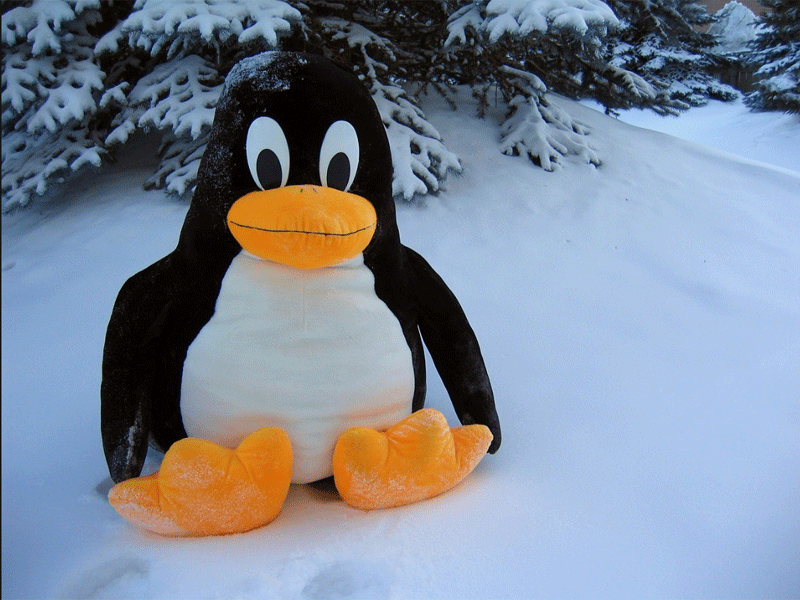-
It is very easy to use. There is a lot of documentation on most Linux distributions and, in addition, the user community is always very helpful when it comes to resolving any type of doubt. Some of the simplest distributions are Fedora, Ubuntu, PopOS, Linux Mint and Raspbian. In the case of desktop environments you can start using GNOME, KDE or LXDE.
-
There are free applications to perform any task. Hundreds of free softwares of very good quality have been developed for Linux, such as LibreOffice and GnuCash, which that are in no way inferior to their private counterparts.
-
Security. It’s a very secure operating system, which registers fewer attacks through viruses or malware than other OS. In addition, Open Source solutions can be implemented to better secure Linux devices, such as ClamAV or Rootkit Hunter. A very important point is that Linux respects the privacy of users, your information won’t be shared with technological giants as in the case of Microsoft or Apple.
-
Freedom. Linux gives you the freedom to choose the operating system you’d like to use, whether it’s for a personal computer, a workstation, a server or, for example, a firewall. There is no need to acquire updates or extensions to expand the capabilities of the system and it has no limitations of any kind. The best thing of all is that you can share your knowledge with the rest of the community, which is really enriching.
-
Stability. This OS is reliable and stable. Updates don’t require rebooting the computer, nor is it mandatory to install them for the system to continue running smoothly. In addition, it supports a wide variety of peripherals.
If you finally decide to try Linux, you don’t even have to buy a new device. To test it, you onlu have, for example, to download the distribution you want and load it in a USB to install it in a unused computer.








0 Comments